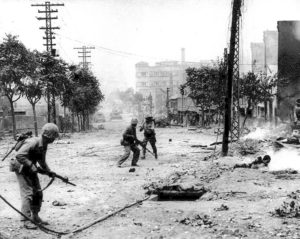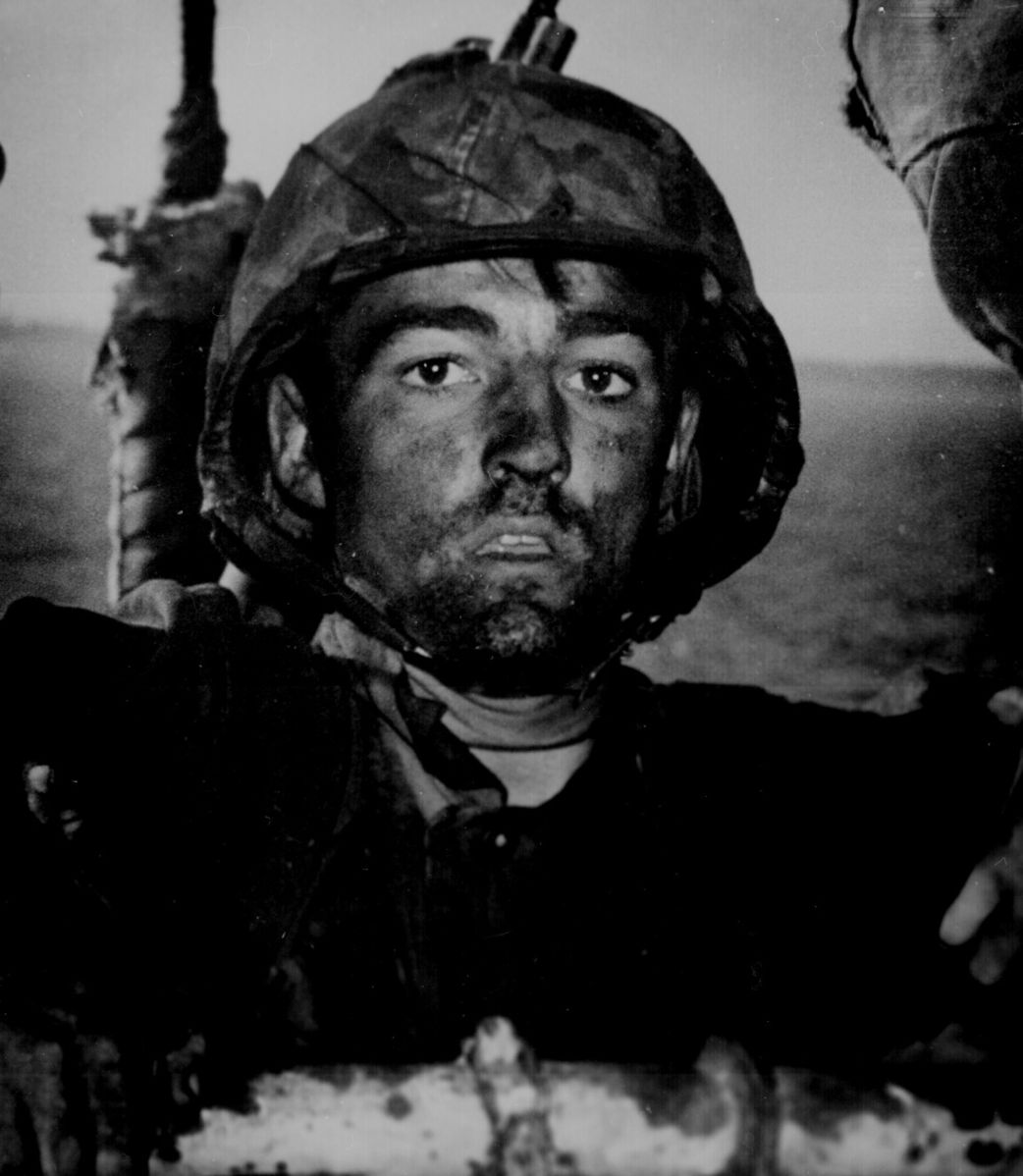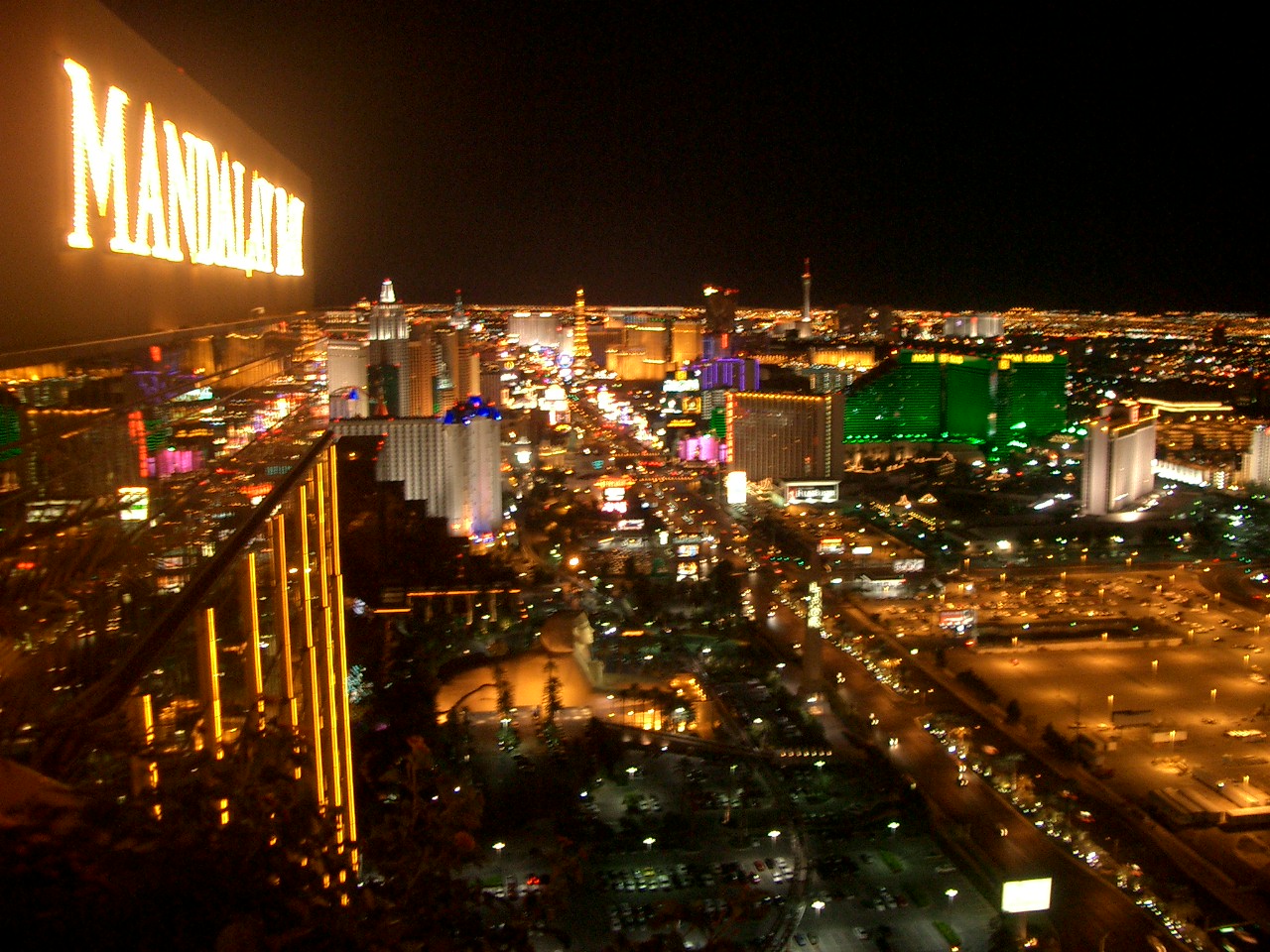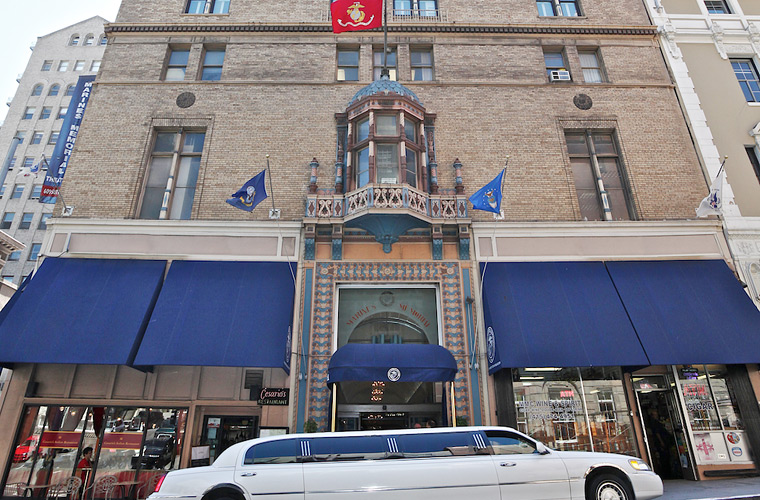
U.S. Marines engaged in urban warfare during the battle for Seoul in late September 1950. Public Domain, Department of the Navy
The news was broadcasting the image of unrest in Turkey. I sat there, watching, as civilians approached an armored vehicle with soldiers standing around it; as the civilians moved forward, the soldiers fired in the air, and I thought to myself, “Dear God, don’t let them have to fire on their own people.”
I imagined what psychological damage would be done to that soldier if he were to have to fire on his own people. What psychological damage would be done by the one ordering the soldier to fire, the psychological damage done by those who witnessed the act. That is the cost of war. Ricochets of psychological bullets that echo throughout the lives of those who experience it.
Anger built up inside of me, and revulsion, which was a new sensation. That’s when I realized: I hate war.
This is not a protest against any particular war; I’m not opposed to our intercession in Iraq, or our action in Afghanistan. I believe I have an understanding of those two conflicts that others may not have, if they weren’t involved in them. I’m also not saying that only those of us who fought are allowed to have an opinion about them either; I’m just saying that I hate war, because I know it for what it is, knowledge earned by direct experience.
I know, hate’s a strong word. But it’s the one I’m using. I don’t hate combat, which is a smaller concept than war, but I hate war itself. Combat, an individual firefight, is a reaction to a situation within the war itself; movement to contact, attacking something, defending something. Combat in a firefight is the proper execution of skills learned, or skills developed on the spot; combat is watching the back of your brother and sister. Combat is a skill that is necessary, and the warrior develops skill in combat in order to survive in war and complete the mission…but combat is not war.
I hate war because I understand it, fully and completely, as only one who has experienced it can.
Those who have not directly experienced war can hardly understand what a full sensory experience it is. If you’re watching a documentary about combat, you may be able to understand what it looks like, and what it sounds like, even though the vision is two-dimensional and the sound is flat; you don’t know what it smells like, though. Sweat, and carbon. The smell of things that burn and fizzle. Watching a documentary doesn’t give you the tactile sensation of war, of your shirt sticking to the small of your back or the sting of sweat in your eyes. Or the taste…the bitter taste of fear, the grit of the dirt of whatever country you’re operating out of.
Watching a documentary, or even reading an account of war, like this one, doesn’t even begin to express the emotions. You may be able to recognize emotions in the face of the warriors in the documentary, but chances are you’re not entirely accurate…what seems to be joy or pleasure, to you, might truly cover real fear. What appears to be courage is a snap judgment in a stressful situation.
I think it may be easy to hate war if you’ve never experienced it, just as it is easy to love war if you’ve never experienced it.
Mostly, I hate war because I see nearly daily what happens when war ends. The warrior returns from the war, but the battles still rage inside their head. I see veterans shudder and shake when reflecting on those times, shadows and echos of the emotions they experienced running across their faces. I see veterans who want to scream and rage, but can’t. I see veterans who don’t want to scream and rage, but do. Mostly, though, I’m tired of death. I’m tired of hearing of more veterans losing their lives, either by their own hand or by the hands of others. I’m tired of the casualties continuing to mount, months and years after the warrior has returned and the guns have gone silent. They never truly do, not in the mind of the warrior.
My wife hates war as only the spouse of a warrior can. She has seen the impact of those times, heard the echoes of war when I sleep. In more difficult times, before getting help, she understood the impact of war even before I did. She does not share my nostalgia about those times, and often does not understand when I say that I miss it…because I miss war, too, as only a warrior can.
I had the opportunity to avoid war, once. Leaving Germany in 2002, I was trying to volunteer to go to the 101st Airborne Division, fully knowing what I was getting myself into, what I was volunteering for. I was practically begging to be sent to war. I had been training and preparing for nearly ten years at that point, but the Army had other plans; I was sent for a three-year tour on Recruiting Duty. In 2005, I was offered the opportunity to remain on Recruiting Duty for the rest of my career, no deployments, no war. I turned it down.
“It’s not glorious, you know,” a good friend told me. He had served in the Gulf War, and understood where I was coming from, and where I was going. “You want to lead Soldiers in battle, I get it, but you don’t understand. Not really.”
He was right. And I would say his words to anyone who is envious of a combat veteran now. We can imagine the glory of storming the beaches at Iwo Jima or Normandy, or standing on the ground of COP Keating, but imagining in no way does it justice.
I hate war because it took very good people away.
I hate war because it continues to take very good people away.
Although I hate war, however, I still believe Thomas Paine’s words: “If there must be trouble, let it be in my day, that my child may have peace.”




3 Comments
charmaine pollak · October 19, 2016 at 7:57 am
An excellently written article verbalizing the conflicting emotions in these veterans and which they now have to live with for the rest of their lives. My opinion is that the cost of war is to high.
Duane France · October 19, 2016 at 11:32 am
Charmaine, thanks for taking the time to read and comment. Although the cost of war is high, there are those who are willing to pay the price…not for glory, but so that others do not have to do so.
The Combat Addiciton Paradox | Head Space and Timing · February 21, 2017 at 4:36 am
[…] a previous post, I wrote about how I hate war as only a warrior can. Something I wrote in there, however, was overshadowed by the point I was trying to make. The part […]
Comments are closed.